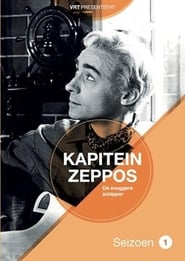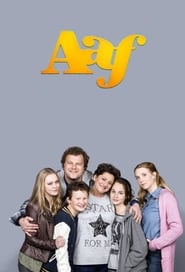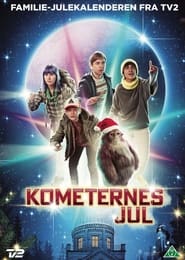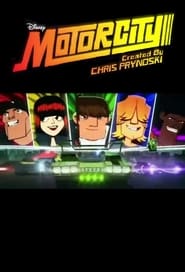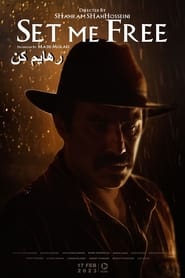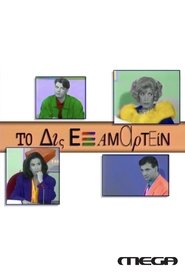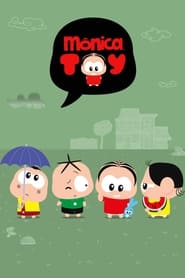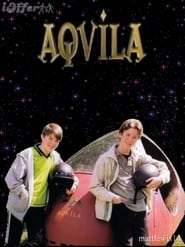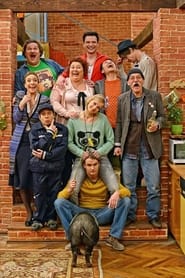Best Family TV Series - Page 170
-
Hey Handsome!!
2022
star 858-year-old Gentaro Ito lives with his wife Chizuru in a house in Tokyo. Each of their three daughters should have left home and lived well. However, their eldest daughter, 28-year-old Yuka, is single and doing well at work but has a propensity for affairs. Their 25-year-old second daughter, Rika, wedded a highly educated man and lives in Osaka but the couple are on the brink of divorce. Their youngest daughter, 22-year-old Mika, is also single, and the moment she gets to start living on her own, she half-cohabits with a man who does not seem like he will be a successful manga artist. Gentaro worries endlessly about his daughters who are poor judges of character. Completely ignoring their tastes, this stubborn, old-fashioned father suddenly brings a man whom he likes to the house in the middle of the night and introduces him to his daughters. In fact, this man is Yuka's ex-boyfriend. What will the family be like the next day!? -
Warped!
2022
star 6.5Milo and Ruby are an improbable pair who are setting out to do the impossible: create the greatest comic book the world’s ever seen! -
Nature's Weirdest Events
2012
star 7.2Chris Packham takes us to the scene of some of the weirdest natural phenomena on the planet, telling the real story of the events behind the headlines. Nature can be cute, scary and stunning, but as Chris Packham discovers in these two packed programs, it can also provide the most awesome, amazing and astonishing sights you’ll ever see – including a car cocooned by caterpillars in Holland; exploding toads in Germany; fish falling from the sky and a storm that turned Sydney crimson. Watching original footage and consulting eyewitnesses and scientists, Chris unravels the facts behind some of the most bizarre and mysterious natural wonders to ever appear on the planet – and explains what on earth was going on. -
Kapitein Zeppos
1964
star 6.7A strange man arrives in Belder on horseback, and introduces himself as Captain Zeppos. Initially, he is met with suspicion and jealousy, but he soon befriends a local, Ben Kurrel. It becomes apparent that Zeppos had a motive to come to Belder: when in Greece a stranger had made him an offer on a piece of land he had inherited near the town. Ben Kurrel and his friend Rita Mees help him investigate the mystery. -
Max Glick
1990
Max Glick
1990
-
Chhanchhan
2013
Chhanchhan
2013
Chhanchhan is an Indian comedy drama TV series which premiered on 25 March 2013 and aired on Sony Entertainment Television India and Sony Entertainment Television Asia from Monday to Thursday. The show was also called Modern Bahu during pre-production and stars Sanaya Irani, Supriya Pathak, and Anuj Sachdeva. -
Kimcheed Radish Cubes
2007
star 6.5Even though times change and our relationships with our family changes, our affection for them is timeless. The drama is about affection that is the foundation of family. Dong Jin is the eldest son in a family of 3 sons. He is dutiful and responsible but due to character clash, he has gone through divorce with his ex-wife, Ji Hye, whom he shares a child with. Dong Jin then starts a newromance with Eun Ho whom he works with -
Motorcity
2012
star 7.3Motorcity is an American animated television series created and directed by Chris Prynoski. It is produced by Titmouse, Inc. and Disney Television Animation. The series premiered on April 30, 2012 on Disney XD. On November 5, 2012, Disney XD announced that it would not renew Motorcity for a second season. The series ended on January 7, 2013, without going into reruns. -
Set Me Free
2023
star 6.3An invitation letter from the famous singer Daniel reaches Afshanah to meet him, Afshanah, who is eager to meet Daniel, shows up for a romantic date, but.. -
To Dis Examartein
1993
star 7.2The series takes place in a TV station, where two men (the station's best reporters) want the same woman. This woman happens to be married to one of them, but that doesn't matter much since she wants both of them too... -
Aquila
1997
star 7Aquila is a British children's television show which aired on the BBC from 1997 to 1998. An episode was aired once a week, and was based on the story of two boys, Tom Baxter and Geoff Reynolds, who find a spacecraft when digging in a field. It was based on the book Aquila by British author Andrew Norriss and set in Bristol. -
Straight Ten
2012
Straight Ten
2012
Mirko is a typical Slovene of Balkan origin, filled with a lot of enthusiasm, big plans and minimal resources. He posted an ad looking for co-workers who would be willing to work as partners in the company and get food, housing and profit sharing instead of pay. Slowly, people flocked to the house. -
Gindalai
2008
Gindalai
2008



